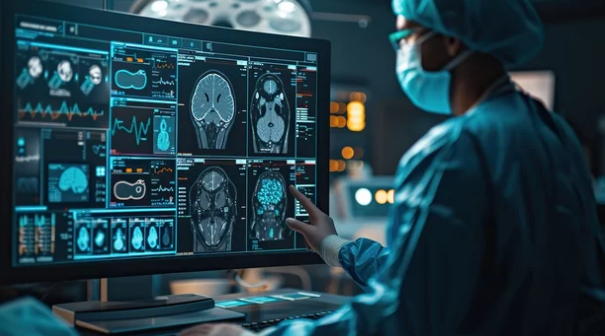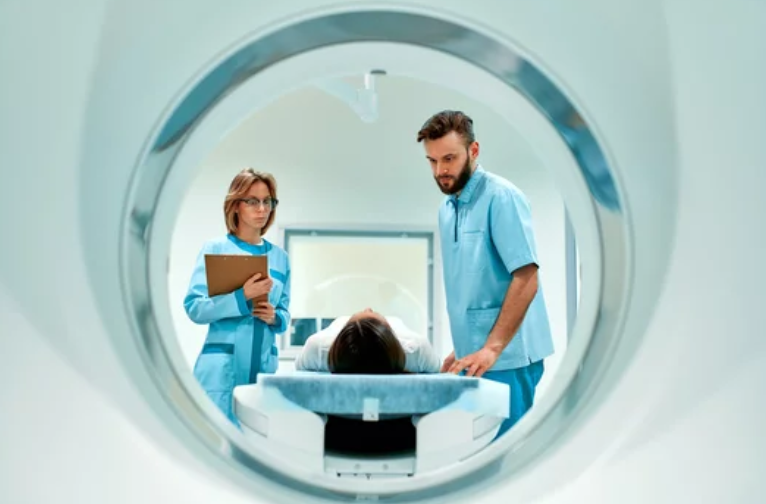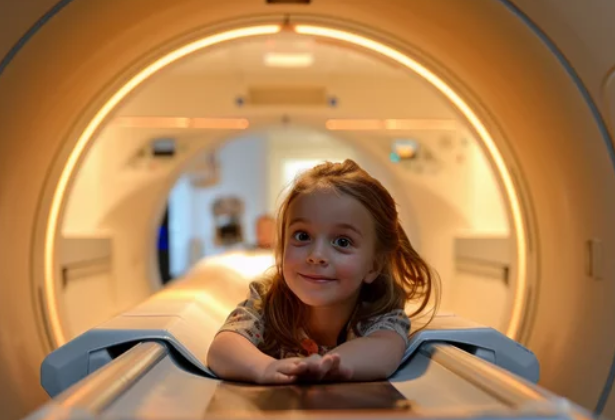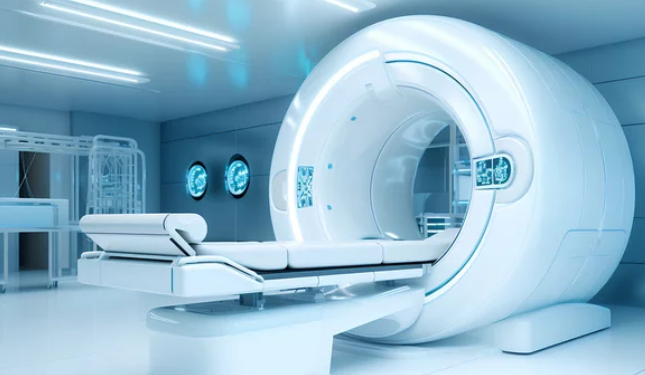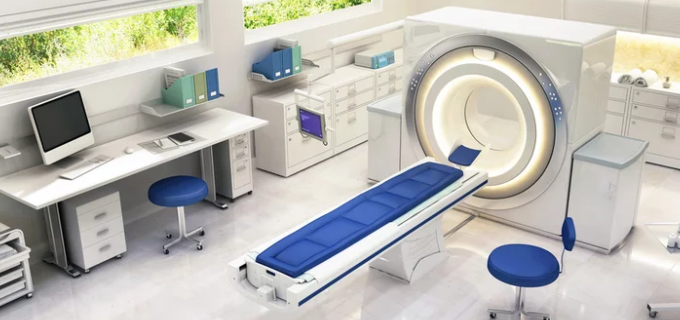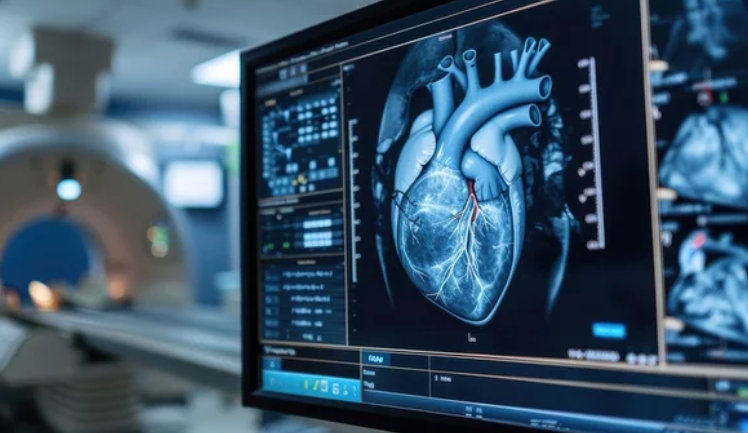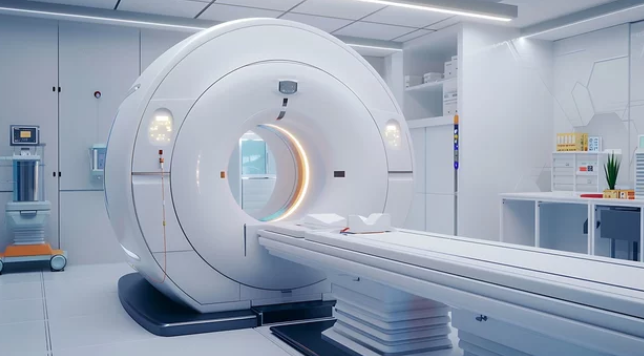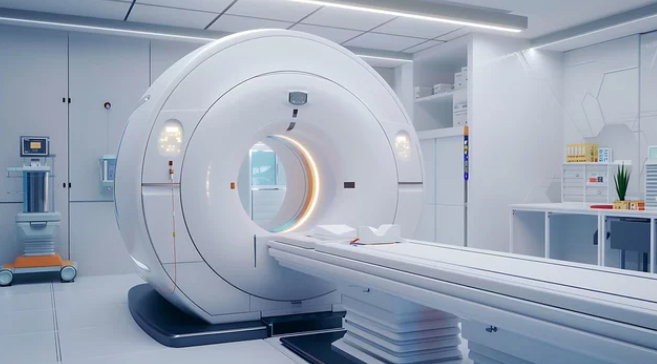Medical imaging plays a crucial role in diagnosing and managing health conditions in children, from congenital abnormalities to neurological disorders and childhood cancers. Among the available imaging technologies, Magnetic Resonance Imaging (MRI) is frequently recommended for pediatric patients. However, many …
 Bornupdates
Bornupdates
Comparing MRI, CT, and X-ray Cancer Risks
Medical imaging has revolutionized healthcare, allowing doctors to diagnose diseases earlier, guide treatments more accurately, and monitor patient progress with precision. Among the most commonly used imaging techniques are MRI (Magnetic Resonance Imaging), CT (Computed Tomography) scans, and X-rays…
MRI Technology: Proven Tool, Ongoing Safety Research
Magnetic Resonance Imaging (MRI) has become one of the most trusted and indispensable technologies in modern medicine. From diagnosing complex neurological disorders to monitoring cancer treatment and evaluating musculoskeletal injuries, MRI plays a critical role in healthcare systems around the …
Are Strong Magnetic Fields Linked to Cancer?
Strong magnetic fields are an integral part of modern life. They are used in medical imaging, scientific research, industrial processes, and even everyday consumer technologies. Among these applications, Magnetic Resonance Imaging (MRI) is the most visible example, often raising questions …
Understanding MRI Exposure and Human Health
Magnetic Resonance Imaging (MRI) has become an essential part of modern healthcare. It is used every day to diagnose diseases, guide treatments, and monitor long-term health conditions. Despite its widespread use and proven benefits, many people still ask important questions …
MRI Safety Research: Findings from the Last Two Decades
Over the last twenty years, Magnetic Resonance Imaging (MRI) has been the subject of extensive scientific research focused on safety, biological effects, and long-term health outcomes. As MRI use has expanded across hospitals, diagnostic centers, and research institutions worldwide, so …
Cancer Risk and Magnetic Fields: An MRI Perspective
Magnetic Resonance Imaging (MRI) is a cornerstone of modern diagnostic medicine, widely used to detect, stage, and monitor a broad range of diseases, including cancer. Despite its clinical importance and long-standing use, questions occasionally arise about whether the strong magnetic …
How MRI Works Without Ionizing Radiation
Magnetic Resonance Imaging (MRI) is one of the most advanced and trusted diagnostic tools in modern medicine. It is widely used to examine the brain, spine, joints, organs, and soft tissues with exceptional clarity. One of the most important advantages …
MRI Scans and DNA Damage: Is There Evidence?
Magnetic Resonance Imaging (MRI) is one of the most widely used diagnostic tools in modern medicine. It plays a critical role in detecting diseases, guiding treatment decisions, and monitoring patient progress. Despite its clinical importance, many people continue to ask …
The Role of MRI in Modern Cancer Care
Magnetic Resonance Imaging (MRI) has become one of the most powerful and trusted tools in modern cancer care. From early detection to treatment planning and long-term monitoring, MRI plays a critical role in improving outcomes for cancer patients worldwide. As …
